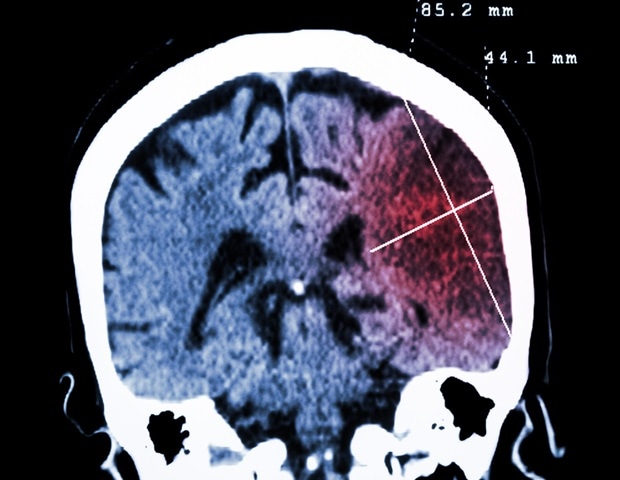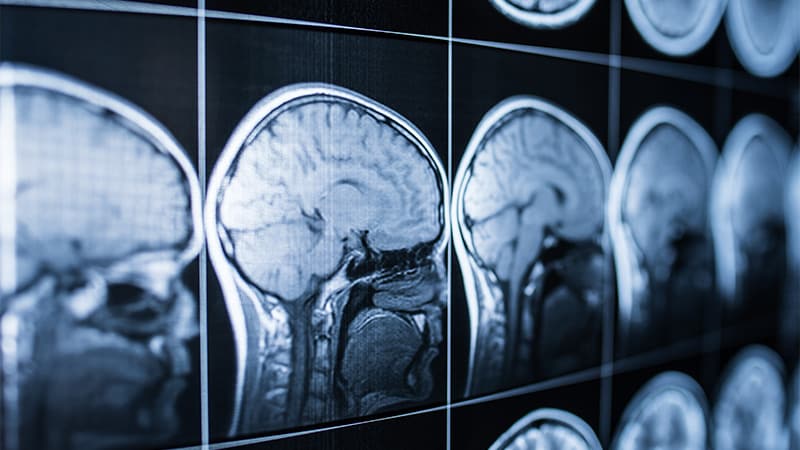


In a recent study published in the journal Translational Psychiatry, researchers investigated the impacts of full-night-, early-night deprivation-, and late-night deprivation sleep on whole-brain connectivity. They...



Episodic memory and mental time travel have been viewed as uniquely human traits. This view began to shift with the development of behavioral criteria to assess...



Tumors arising in the base of the skull are among the most difficult to remove in neurosurgery. The current treatment method is to perform surgical removal...



New research supports current guidelines cautioning against long-term use of benzodiazepines. The study of more than 5000 older adults found that benzodiazepine use was associated with...



Addiction is not simply a chronic brain disease and considering it as such can limit treatment options and increase stigma, an extensive research review suggests. After...



Researchers have identified a form of B12 deficiency caused by autoantibodies that specifically affects the central nervous system. Discovered while studying a puzzling case of one...



In a recent study published in Immunology, researchers investigated populations of regulatory T cells (Treg), a type of white blood cell, in various tissues. Study: The...



Researchers at Baylor College of Medicine, the University of Cambridge in the U.K. and collaborating institutions have shown that serotonin 2C receptor in the brain regulates...



A team of researchers led by Penn Medicine will investigate the link between traumatic brain injuries (TBI) and Alzheimer’s disease and related dementias (ADRD) over the...



The loss of social memories caused by sleep deprivation could potentially be reversed using currently available drugs, according to a study in mice presented today (Friday)...



Drug development is typically slow: the pipeline from basic research discoveries that provide the basis for a new drug to clinical trials to production of a...



Neuroscientists have discovered how the brain bidirectionally controls sensitivity to threats to initiate and complete escape behaviour in mice. These findings could help unlock new directions...